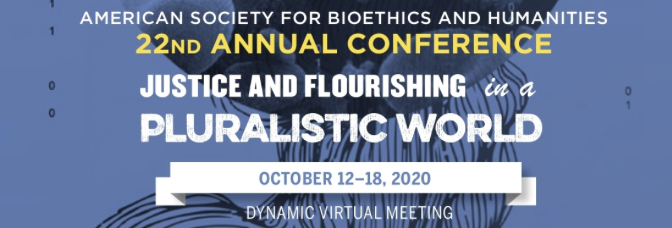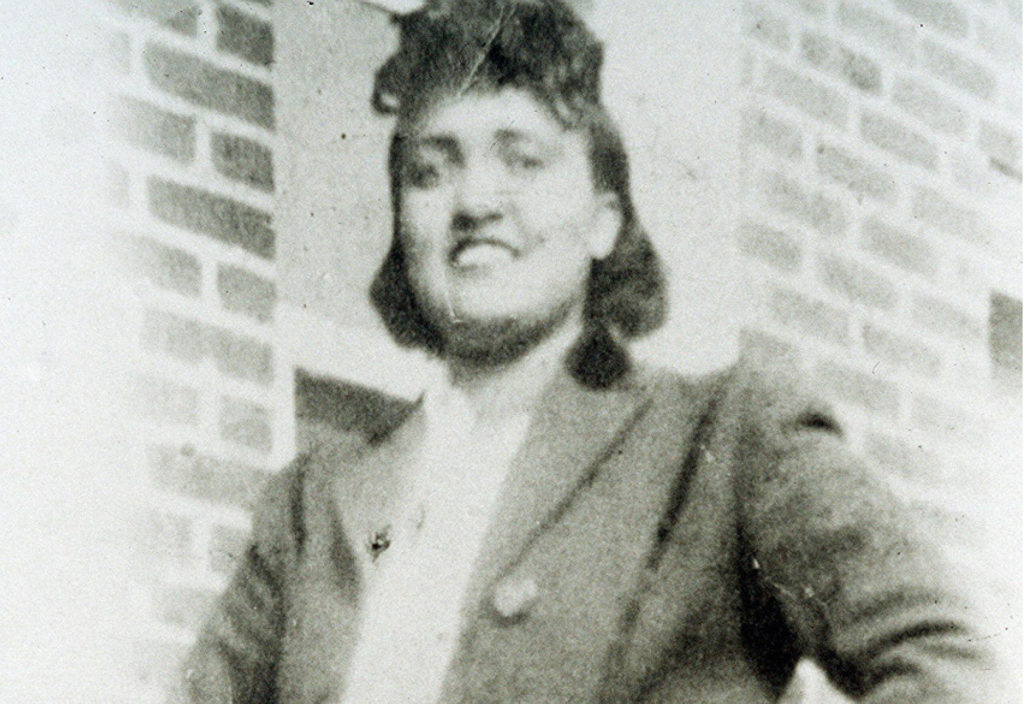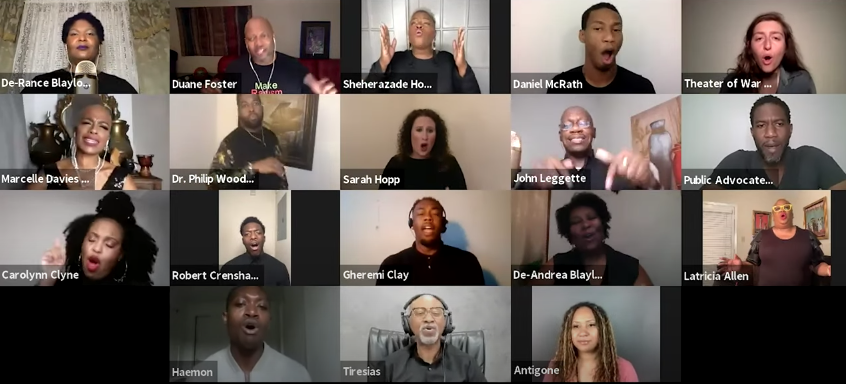Frontline medical workers continue to confront unprecedented professional and personal challenges of the COVID-19 pandemic. From their own inadequate access to personal protective equipment to facing impossible decisions about allocating limited lifesaving resources among their patients, clinicians have experienced feelings of betrayal, anger, and fear.
Now, by combining one of the pandemic’s newest forms of communication – the Zoom webinar – with the ancient art of Greek tragedy, an innovative project is reaching frontline medical workers who may be struggling in isolation, providing them the opportunity to name and communalize their experiences, connect with colleagues, and access available resources.
Theater of War for Frontline Medical Providers – developed by Theater of War Productions, the Johns Hopkins Berman Institute of Bioethics, and the Johns Hopkins Program in Arts, Humanities & Health – presents dramatic readings by acclaimed actors of scenes from ancient Greek plays for audiences of frontline medical providers to open up powerful dialogue about difficult subjects. In a paper published by The Lancet on July 23, the project’s organizers write “we have found that presenting scenes from ancient tragedies about complex ethical situations for frontline medical providers generates an open, non-threatening space in which health personnel can begin to process, interrogate, share, and bear witness to experiences of loss, betrayal, grief, and other forms of moral suffering during the COVID-19 pandemic.”
Theater of War for Frontline Medical Providers events begin with a live reading of scenes carefully curated to address themes and issues that medical providers may be facing during the pandemic, such as personal risk, abandonment, deferred grief, deviation from standards of care, helplessness, and complicity in creating suffering. After the performance, the actors are replaced by four panelists—a diverse group of front-line medical providers—who respond to what they heard in the plays that resonated with their own experiences of caring for patients during the pandemic. After the panelists’ remarks, a skilled facilitator prompts the audience to join the discussion with a series of questions encouraging reflection and dialogue about themes raised by the plays. The discussion provides an opportunity for the medical workers in the audience to take center stage, sharing the impact of COVID-19 on their lives and finding solace in the community of their peers.
The project premiered on May 24, with 417 clinicians from the Baltimore area logging onto Zoom for a performance featuring Frances McDormand, Jesse Eisenberg, David Strathairn, and Frankie Faison. In a post-performance evaluation, 93% of respondents reported that the program offered new insights about their experience during COVID; 92% said the program made it easier to talk about difficult subjects related to COVID. Following that success, the Arts in Health Initiative of the Laurie M Tisch Illumination Fund provided a grant to fund 10 performances of the project in New York City.
The first of these performances, focusing on the EMS/first responder community in NYC will take place Thursday, July 30, at 7 p.m. While focusing on EMS professionals, this first performance will be open to the general public. To register, please visit: www.towems.eventbrite.com. Cast members will include: Anthony Almojera, Vice President of New York City’s Uniformed EMS Officers Union; Amy Ryan, whose credits include “The Office,” “Birdman,” and “Gone Baby Gone;” and Chad Coleman from “The Wire” and “The Walking Dead,” among other credits.
Other actors confirmed to participate in upcoming performances include McDormand, Strathairn, Faison, Eisenberg, and David Zayas. The next two performances will be:
August 19, noon-2 p.m.
Lincoln Medical Center, Bronx
Featuring Frances McDormand, Jesse Eisenberg, David Zayas, Frankie Faison
September 16, noon-2 p.m.
Lenox Hill Hospital
Manhattan Eye, Ear, and Throat
Lenox Health Greenwich Village
Cast TBA
“Ancient tragedies provide a new entry point for clinicians to process moral suffering generated by the pandemic,” wrote Theater of War Artistic Director Bryan Doerries and Berman Institute faculty Cynda Rushton, Jeremy Greene and Gail Geller in The Lancet. “While individual cognitive reframing can be helpful in the treatment of traumatic disorders, there is also a role for collective social interventions in responding to collective trauma. Ancient Greek plays about chronic and terminal illness, moral distress, the challenges of witnessing suffering, and end-of-life care can be used to forge a common vocabulary for openly engaging doctors, nurses, students, and other health-care professionals in creating constructive dialogue, fostering understanding, compassion, and a renewed sense of community.”




